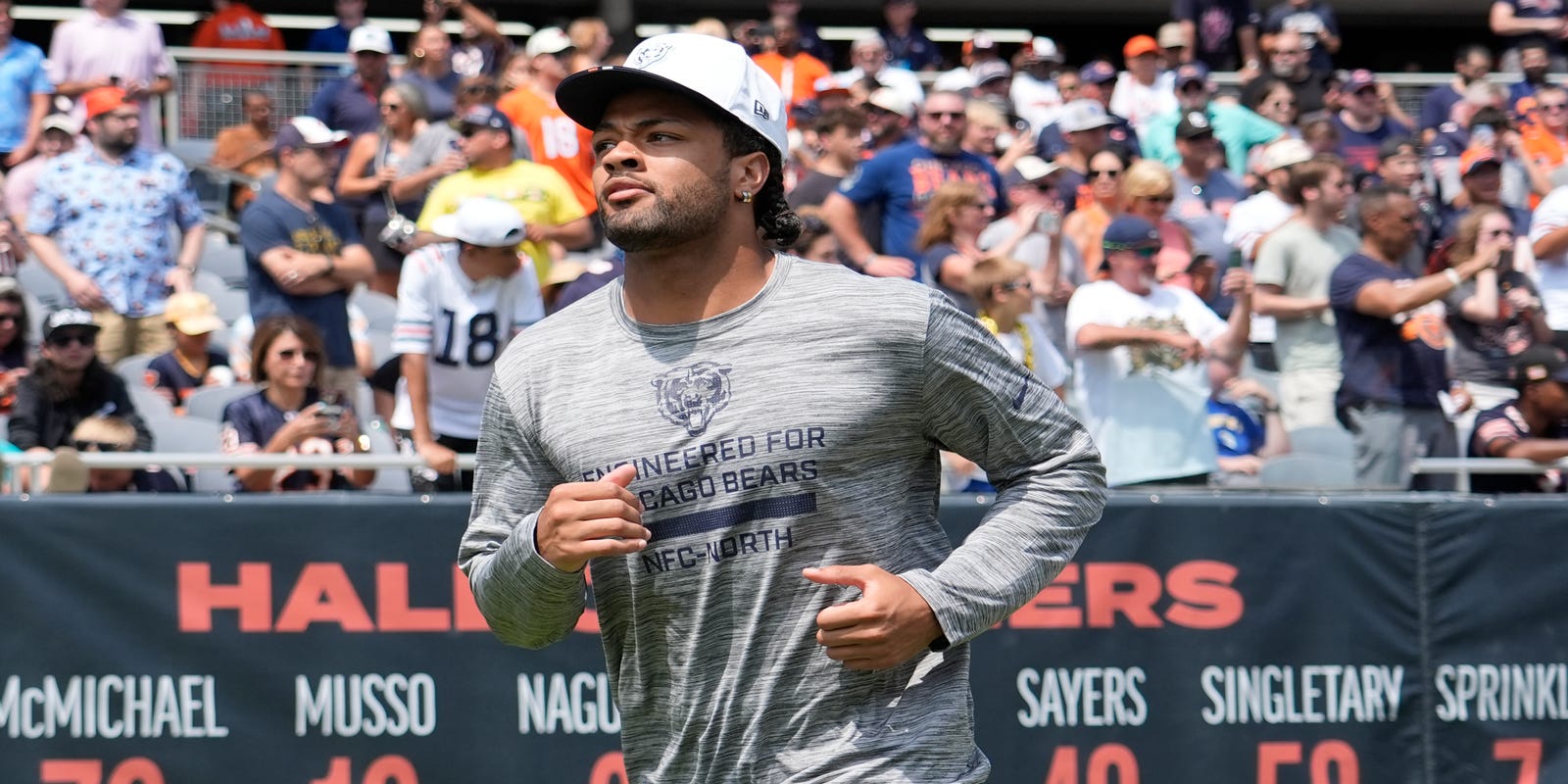
The ongoing controversy surrounding transgender volleyball player Blaire Fleming has taken a significant turn after a rival team announced their decision to forfeit an upcoming playoff game rather than face her. This unprecedented move has ignited a heated debate about inclusivity, fairness, and the future of transgender athletes in sports.
The University of South Florida (USF) announced that their women’s volleyball team will not compete in the American Athletic Conference (AAC) tournament due to the presence of Blaire Fleming, a transgender player from the University of Kentucky (UK). USF’s athletic director Scott Kullman stated that the team forfeited its right to compete in the tournament “out of respect for the competition and the integrity of the women’s game.”
Blaire Fleming expressed disappointment and sadness over USF’s decision. “It’s really disheartening that they forfeited their chance to play in the tournament because of me,” she said. “I’ve worked so hard to be a part of this team and to play at this level.”
Legal experts believe that USF’s decision could have significant implications for transgender athletes in the future. “This situation raises questions about the legal rights of transgender athletes to participate in sports,” said Sarah Warbelow, legal director for the Human Rights Campaign. “It’s important to ensure that all athletes have the opportunity to compete fairly and without discrimination.”
The National Collegiate Athletic Association (NCAA) currently allows transgender athletes to compete in women’s sports after completing one year of hormone therapy. This policy has been criticized by some who argue that it gives transgender athletes an unfair advantage. However, the NCAA maintains that its policy is necessary to ensure inclusivity and protect the rights of all athletes.
The Blaire Fleming controversy has reignited the debate about the participation of transgender athletes in sports. Some believe that they should be allowed to compete, while others argue that they should be excluded from certain sports or subjected to additional regulations. As the issue continues to divide opinions, it remains to be seen how this controversy will ultimately be resolved.



